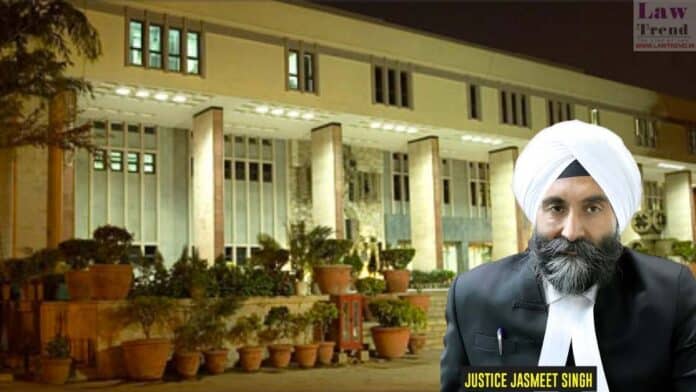The Delhi High Court on Wednesday asked the city government to state within four weeks the status of formulation and implementation of a policy for release of seized end-of-life vehicles to their owners.
Justice Jasmeet Singh observed that the court was “flooded” every day with petitions by aggrieved people in the absence of a policy, and that although the government was trying to control pollution “at the same time the citizens cannot be harassed”.
“This is troublesome. Don’t harass the citizens. Every day I have five petitions (on such seizure and non-release of vehicles),” the judge said.

On August 22, the high court had, while dealing with a batch of petitions against seizure of end-of-life vehicles by the authorities for being in violation of judicial orders banning use of petrol and diesel vehicles over 15 years and 10 years old, respectively, directed their release on an undertaking by the owners that they will either permanently park them in private spaces or remove them from the city limits.
It had then asked the Delhi government to frame a policy for handling such vehicles when owners were willing to assure that they will not be used in the national capital.
The Delhi government counsel told the court on Wednesday that the policy was in the final stages and will be in public domain soon.
“The respondent shall file the status of the policy as directed ..within four weeks,” the court directed.
The court passed the order on a contempt petition by the owner of an over 15-year-old petrol car, a “family heritage”. Petitioner Sushma Prasad claimed, in spite of the order for the release of her car from the scrapper, the authorities had failed to do so.
Advocate Aditya N Prasad, appearing for the petitioner, said in terms of the release order, the petitioner gave an undertaking to the authority concerned that the vehicle will not run or be parked on public land.
The government counsel said the petitioner may approach the scrapper and collect the vehicle after payment of towing charges in terms of the court’s directions.
If the vehicle is not released, the court will be constrained to initiate contempt proceedings, Justice Singh warned.







